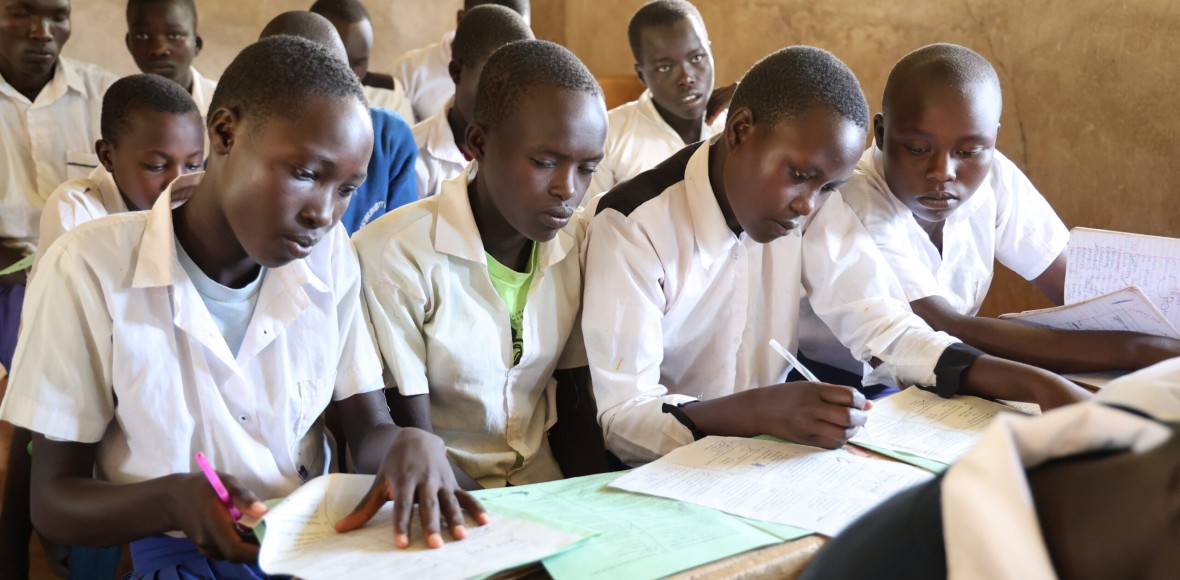
World Vision Kenya, in partnership with the Ministries of Interior and Education, has set out on a revolutionary mission to address the cultural and regional barriers that hinders education in Samburu County, Kenya. The initiative seeks to safeguard children from harmful cultural practices and make sure that all children of school age have access to education.
Kenya boasts an 83% literacy rate, a proof to the nation’s commitment to education. However, regional inequalities persist, with counties in the northern and northeastern regions facing educational outcomes as low as 6.5 years of expected schooling.
Even with the Basic Education Act of 2013, which calls for free and compulsory basic education, Samburu County continues to have one of the highest rates of children who are not attending school. The cultural landscape of the county has sustained harmful practices like female genital mutilation (FGM), child marriage, and beading. It is also known to be a highly patriarchal society that prioritizes boys’ education over girls’.
Kenya Big Dream, a program of World Vision Kenya, has been important in cutting off these cultural bonds. Through community sensitization, parental education, and behavior and attitude change campaigns, the initiative has successfully enrolled 109 out-of-school children (79 girls and 30 boys) in Samburu North Sub County’s Naling’angor Primary School and Bendera Primary School.
One of the beneficiaries, Paul Nteyie, talked about how the program has changed his life. Paul wants to become a doctor so that he can provide his community with vital healthcare services. He has recently gained access to education. He also emphasizes how his family’s views on education and cultural customs have positively changed.
A teacher at Ntepes Early Childhood Development Center named Livio Lenguro highlighted the beneficial effects of World Vision Kenya’s intervention, pointing out an increase in enrollment,especially among girls. “The situation has greatly improved,” he said. More kids are being admitted to our center than in the past, and we are even recording more girls than in the past—something that wasn’t always the case.”
Parental participants of the enrolled children have been placed in a Community Change Class in order to ensure the initiative’s sustainability. A behavior change curriculum will be implemented in this class with the goal of changing negative cultural practices and attitudes toward education. To improve the parents’ overall income, a savings for transformation (S4T) course is also being introduced.
Samburu County anti-beading activist Katiwa Lekolo also indicated his dedication to giving his daughters a better future by sending them to school.

Leave a Reply